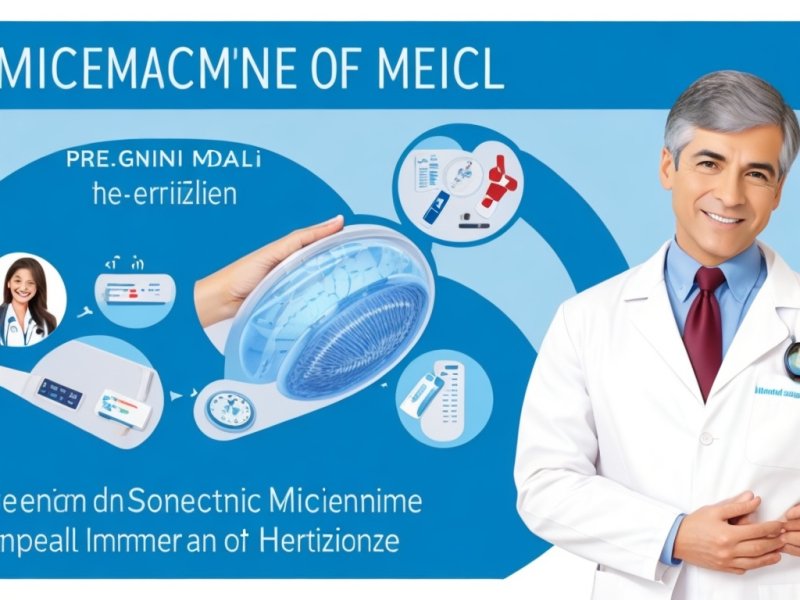
In recent years, the field of genomic medicine has made remarkable strides, revolutionizing healthcare practices worldwide. The United States, as a pioneer in cutting-edge medical research and technology, has been at the forefront of this transformative journey. Genomic medicine, which involves analyzing an individual's genetic makeup to tailor medical treatments, has the potential to usher in a new era of personalized healthcare, allowing physicians to predict, prevent, and treat diseases with unparalleled precision. In this blog, we will explore the impact of genomic medicine on personalized healthcare in the USA and how it has the potential to shape the future of medicine.
Genomic medicine involves studying an individual's entire genetic information, or genome, to better understand their unique genetic variations and how they relate to health and disease. With the advent of advanced DNA sequencing technologies and the decreasing cost of genome sequencing, it is now possible to analyze an individual's genetic profile with greater accuracy and affordability than ever before.
Genomic medicine has made significant progress in predicting an individual's susceptibility to certain diseases. By analyzing a person's genetic variants, physicians can identify genetic predispositions to conditions such as cancer, heart disease, diabetes, and more. Armed with this knowledge, patients can make informed lifestyle changes and undergo proactive screenings to detect potential health risks at an early stage.
Moreover, genetic testing can help healthcare providers create personalized prevention plans. For example, individuals with a high risk of heart disease due to specific genetic markers might receive tailored advice on diet, exercise, and medication to minimize their risk and improve overall health outcomes.
Perhaps one of the most exciting aspects of genomic medicine is its ability to guide precision treatment strategies. Traditional medicine often employs a one-size-fits-all approach to treatment, but this can lead to varying responses and side effects in different individuals. With genomic information at hand, doctors can now customize treatment plans based on a patient's genetic makeup, ensuring optimal efficacy and reduced adverse effects.
This approach is especially promising in the field of oncology, where genetic testing helps identify specific mutations driving cancer growth. By targeting these mutations with targeted therapies, doctors can improve treatment success rates while minimizing harm to healthy cells.
Pharmacogenomics is a subset of genomic medicine that analyzes how an individual's genes influence their response to medications. Some people may metabolize drugs differently due to genetic variations, resulting in variations in drug efficacy and potential adverse reactions.
By incorporating pharmacogenomic testing into routine clinical practice, healthcare providers can prescribe medications with a higher likelihood of success and fewer side effects. This tailored approach not only enhances patient outcomes but also reduces healthcare costs associated with trial-and-error approaches to finding the right medications.
For individuals with rare and undiagnosed conditions, genomic medicine has been a lifeline. Whole-exome and whole-genome sequencing have allowed physicians to identify previously unknown genetic mutations responsible for these rare diseases. As a result, patients can receive timely and accurate diagnoses, leading to better disease management and improved quality of life.
While genomic medicine holds immense promise, it also presents several challenges and ethical considerations. The cost of genetic testing and data privacy concerns are among the primary challenges. Ensuring equal access to genomic testing and safeguarding patients' genetic data must be priorities to prevent exacerbating healthcare disparities and maintaining patient trust.
The impact of genomic medicine on personalized healthcare in the USA is nothing short of transformative. With the power to predict, prevent, and treat diseases with unparalleled precision, genomic medicine has the potential to revolutionize medical practices, improve patient outcomes, and reduce the burden of chronic illnesses. However, addressing challenges and ethical considerations is crucial to harness the full potential of genomic medicine ethically and responsibly. As the field continues to evolve, we can expect personalized healthcare to become the norm rather than the exception, ushering in a brighter and healthier future for all.
Share This News